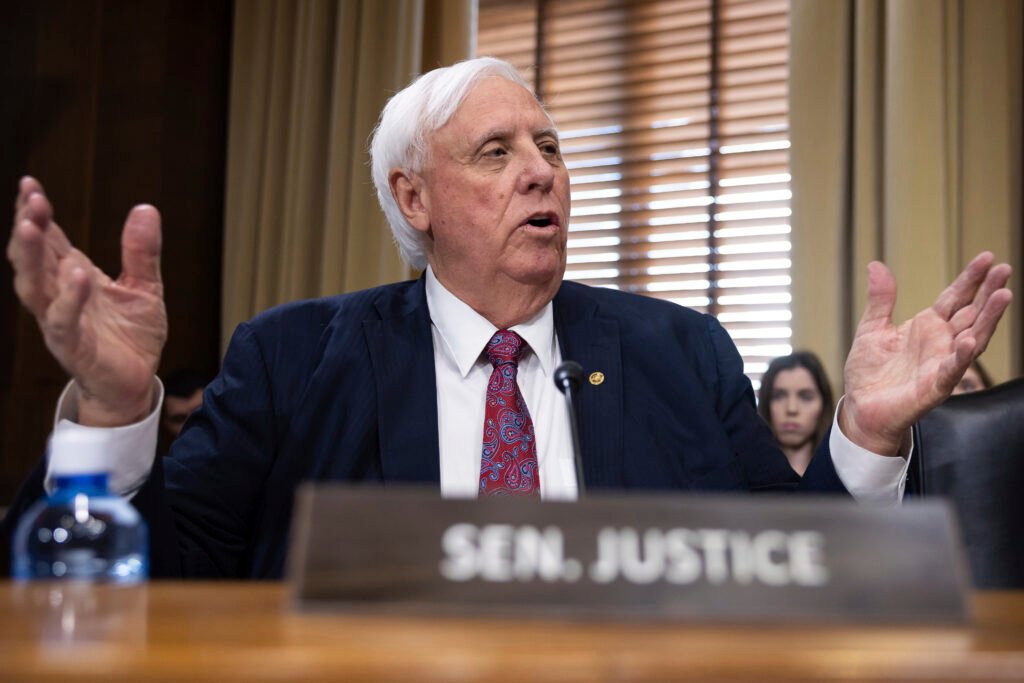Republicans aim to cut taxes states have imposed to boost hospital payments
Key Points:
- Republicans are pushing to curtail taxes that states have imposed to increase payments to hospitals.
- The GOP argues that these taxes are burdensome for taxpayers and create inefficiencies in the healthcare system.
- Democrats, on the other hand, believe that these taxes are necessary to fund healthcare programs and provide critical services to vulnerable populations.
What is the issue?
Republicans in Congress are targeting taxes that states have imposed on healthcare providers in order to boost payments to hospitals. These taxes, known as provider taxes, are levied on hospitals, nursing homes, and other healthcare facilities, with the revenue generated used to draw down federal matching funds for Medicaid programs.
Why do Republicans want to cut these taxes?
Republicans argue that these provider taxes are burdensome for taxpayers and create inefficiencies in the healthcare system. They believe that by cutting these taxes, they can reduce the financial strain on hospitals and other healthcare providers, ultimately leading to lower costs for patients.
What do Democrats say?
On the other hand, Democrats argue that these taxes are essential for funding healthcare programs and providing critical services to vulnerable populations. They believe that cutting these taxes would result in cuts to Medicaid funding, which could jeopardize access to healthcare for millions of Americans.
Where do we go from here?
The debate over provider taxes is likely to continue in Congress, with Republicans pushing for cuts and Democrats advocating for their preservation. Ultimately, the outcome of this debate will have significant implications for the healthcare system and the millions of Americans who rely on Medicaid for their healthcare needs.


